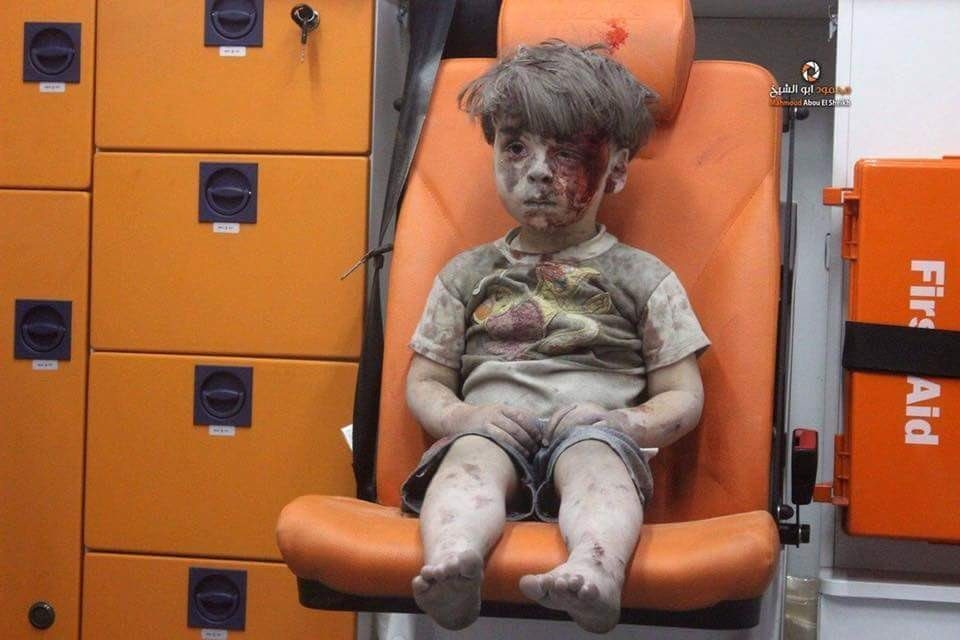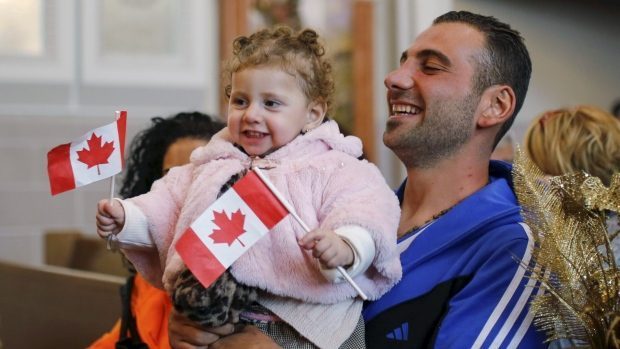
A French parliamentary delegation, of a number of political and municipal figures, arrived on Sunday in Turkey’s southern province of Gaziantep preparing to head on Monday to the Syrian besieged city of Aleppo, according to Orient news.
The Assad regime forces, backed by Russian air power, Iranian ground forces and Shi’ite militia fighters from Iran, Iraq, and Lebanon, has been tightening its grip on rebel-held districts of Aleppo since the start of this year.
They achieved their first goal in encircling the eastern parts of Aleppo in September, trapping more than 275.000 civilians under daily bombardment and preventing any aid from entering.
Since three weeks, they started a wide military operation to force control again over the rebel-held areas and were able to retrieve 85% of the region.
Civilians were directly affected by the operations as more than 1500 civilians died since September. Helicopters continue extensively dropping barrel bombs in conjunction with airstrikes by warplanes on areas in the eastern neighborhoods of the city, accompanied by artillery shelling.
More than 75.000 civilians have fled the extreme fight to the western areas of Aleppo.
The French delegation is calling for a ceasefire and for the evacuation of civilians from Aleppo, which has been recently under intense indiscriminate bombardment by Assad regime and the Russians, in their three-week campaign launched to fully capture the city.
The delegation is visiting the region as rank-and-file lawmakers, not as representatives of the whole French Parliament.
Brita Haji Hassan, Head of the Local Council of Free Aleppo, who accompanied the delegation, said that the delegation includes a number of French parliamentarians and officials who are going to head to Aleppo on Monday, trying to lift the siege and bring about a ceasefire.
This step comes to make the international community assume its responsibilities and take measures to stop the humanitarian crisis in the besieged city, Haji Hassan added.
The delegation includes MPs Cécile Duflot, Hervé Mariton, and Patrick Mennucci, in addition to Jacques Boutault, the Mayor of the 2nd district of Paris.
The French delegation wants to express solidarity to the residents of Aleppo, as the latter feel abandoned by the international community, according to the media coordinator of the delegation.
The French MPs want to remind Europe that it has to adopt a firm stance towards the massacres perpetrated by Assad regime and its Russian ally, who are following the policy of scorched earth against thousands of civilians.
This move after the whole global powers stood still watching the ongoing Haulocost in Aleppo.
The western diplomats condemned the offensive and asked to stop it, while not mentioning any real steps their countries are willing to do to make this happen. On the other hand, Russian and Iran was giving Assad regime every support possible to continue killing the civilians.
The world is being held hostage
Russia and China on last Monday vetoed a U.N. Security Council resolution that would have demanded a seven-day truce in Syria’s Aleppo, giving Assad regime a green light to complete its annihilation of the remaining civilians in the city.
It was the sixth time Russia has vetoed a Security Council resolution on Syria, always repeating the same phrases about not giving the “terrorists” the chance to regroup and “fight the Syrian people”, while the truth is that the real terrorists are Assad and his allies who led Syria to this tragic situation.
The U.N. Security Council has been held hostage by Russia, which has repeatedly used its veto to shield the Syrian government. During the past five years, Moscow has vetoed five resolutions that sought to end some of the horrific abuses and to bring to justice those responsible by referring the situation to the International Criminal Court. Just last month, Moscow vetoed a resolution aimed at ending airstrikes and bloodshed in Aleppo.
The two U.N. Security Council resolutions, 2139 and 2165, that eventually were approved demanded unfettered access for humanitarian relief, the lifting of sieges on the city, and an end to attacks on civilians, torture, and enforced disappearances. They have, however, been flouted on a daily basis with no consequences for the perpetrators. And even when it hasn’t been used outright, the threat of Russia’s veto power has been enough to paralyze the Security Council and prevent it from imposing targeted sanctions on Syrian government officials for not complying with the two resolutions.
U.N. officials and world leaders have expressed shock and outrage at the continuing bloodshed. But the people of Aleppo need more than their words of condemnation.
To stand any real chance of ending crimes against humanity in Syria, concrete measures are needed — such as sanctions that target officials who have ordered unlawful attacks, a comprehensive arms embargo to stop the flow of weapons to the Syrian regime, and a means of bringing perpetrators of war crimes to justice.
A Security Council decision to refer the situation in Syria to the International Criminal Court would at the very least signal that those responsible for Syria’s atrocities will not go unpunished. Absent such steps, these horrors will continue to proliferate not just across Syria, but across the globe.
The cruel betrayal of eastern Aleppo’s civilians will be a stain on the world’s conscience for years to come. Nothing can make amends for the failures that have led to global inaction on this catastrophe. The least we can do is to try to ensure that the horrors they have endured are not allowed to happen again.
The fate of rebel-held Aleppo spells the abject failure of the west’s contradictory and piecemeal policies. It is a humiliation for the UN. Its fall will be an unequivocal victory for Russian strategy. Aleppo will join an infamous list of cities whose names are synonymous with mass crimes committed while the world looked impotently on: Srebrenica, Grozny, even Guernica. Once again, it’s never again.



